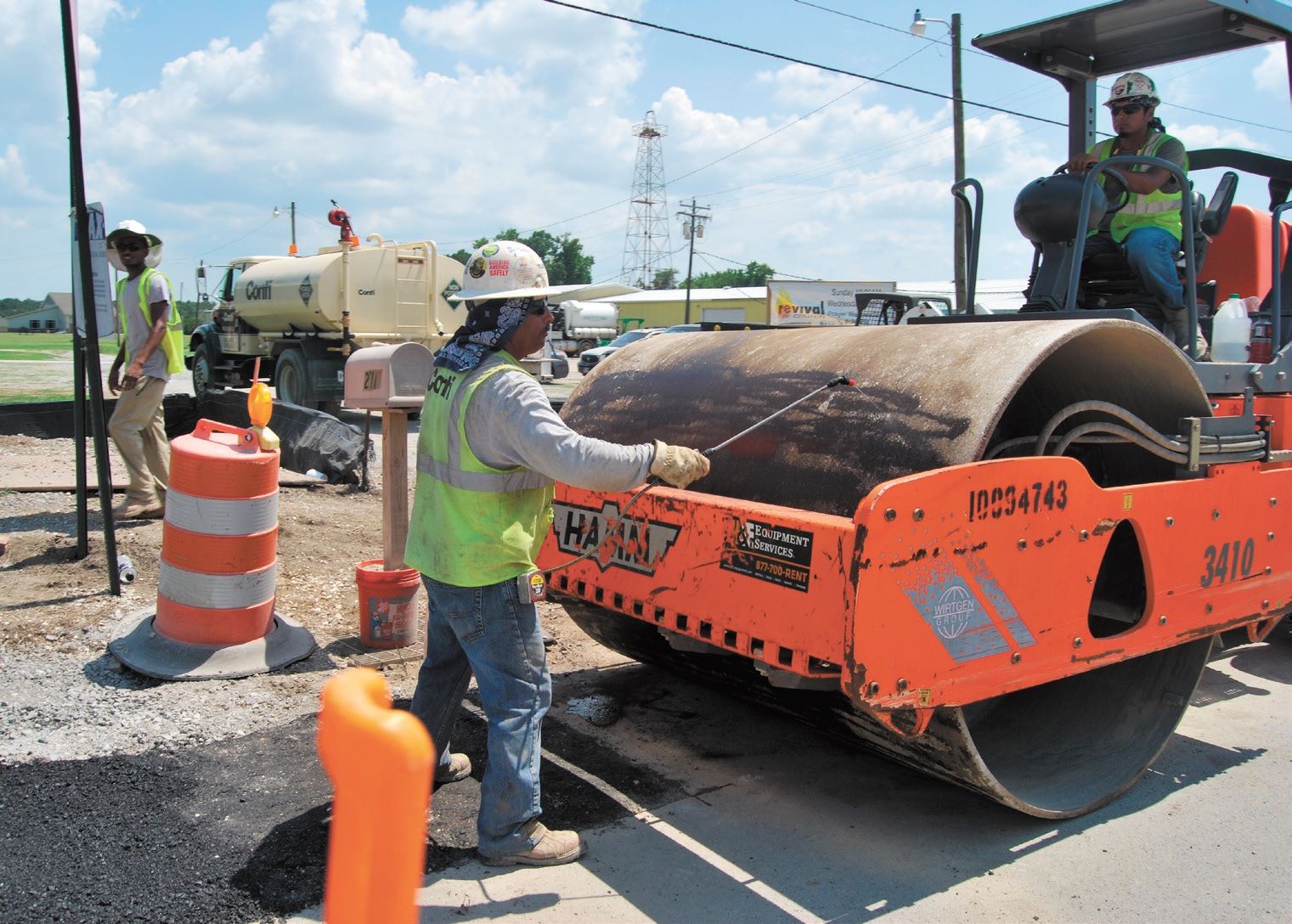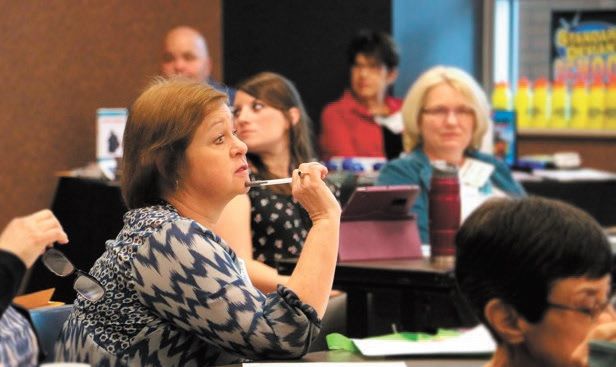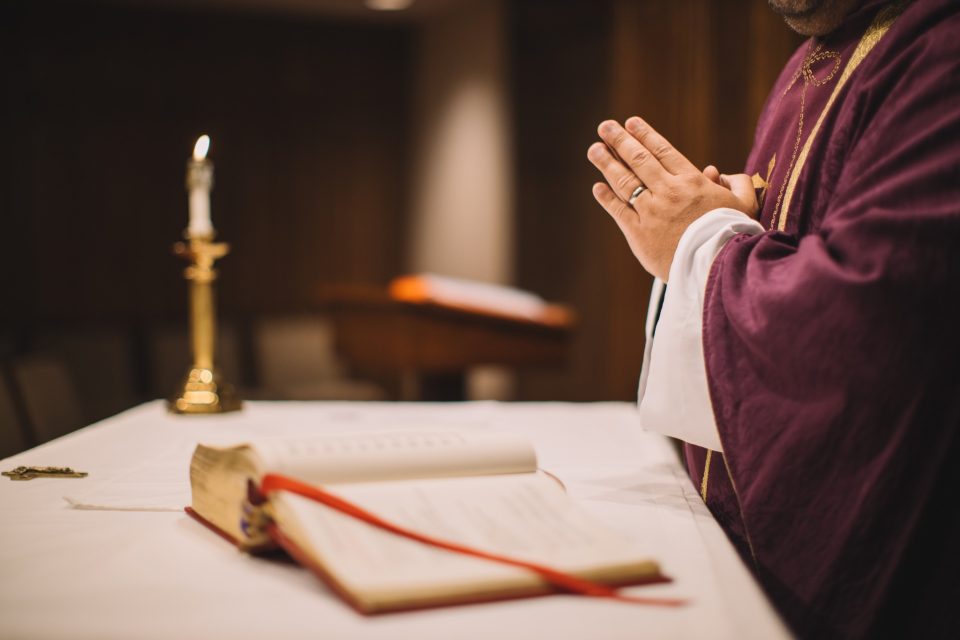
Hollywood work slow, but still on schedule
August 5, 2015
Libraries team with TPSB for homework help
August 5, 2015Victor “Vic” Henry Sevier Jr. was born on April 4, 1927 in Natchez, Mississippi because his mother had to evacuate from Ferriday, La.
The Great Flood threatened to inundate her town and by the end of that month, Ferriday was under six feet of water.
Later during his life, WWII soldiers’ wives in and around rural Ferriday, La. would look out of their windows to see a teenaged boy with a messenger bag, riding horseback up to their door. They would meet the boy at the door to receive envelopes sealed overseas.
Victor delivered remittances from husbands, who were a world away fighting the NAZI’s, many times by horse, because that was the best way to reach the most remote parts of Concordia Parish.
Victor turned 18 just as the war ended and was spared the draft. He studied for two years at Louisiana State University, then transferred to Southwestern Louisiana Institute, now the University of Louisiana at Lafayette, where he studied history.
It was there he met his wife, Dorothy Matthews, but this time there was another draft calling the country’s young men for combat in Korea. Victor was drafted into the U.S. Army and had to leave for basic combat training at Fort Rucker in Alabama before they could wed.
That wouldn’t stop the young lovers and Dorothy’s parents drove her to Alabama where the two were married in a military wedding.
“And all the soldiers kissed the bride,” said Matthew Sevier, the couple’s fourth son, as he described what was a tradition among service members then. The couple had four children: Victor, Sarah, Dorothy and Matthew.
Luckily, Victor never had to leave Dorothy for combat. The war ended before he was deployed and he was discharged. He returned to Lafayette and continued his studies, when he met Tim Alexander, who worked for Gemoco.
Now owned by Weatherford, Gemoco was a steel-structural manufacturer that at the time was making centralizers, a device that centers drilling casings in well bores for oil production.
Tim convinced Victor to come work for Gemoco as a service hand.
Victor worked there for years before being transferred from Lafayette to Houma when the company moved in 1967. When Tim was promoted to vice president, Victor was promoted to replace Tim directing sales and marketing. Tim was promoted once again to president, and Victor to vice president.
When Gemoco was bought by American Chromally, Tim was promoted again and became president of another of their companies, leaving the big chair at Gemoco open for Victor, said his son, Victor Henry Sevier III.
As president, Victor initiated many benefits for employees including profit sharing and sick leave.
“But they had a major absentee rate on the opening day of shrimp season,” Matthew Sevier said.
Many employees took sick days to troll the waters for the valuable crustacean.
During the oil glut of the 1980s, Gemoco’s parent company ordered Victor to lay off some of the 350 employees.
Victor did let go a handful of them, but when his superiors ordered him to lay off more, he refused.
He told them that Gemoco’s efficiency and the quality of their product would go down.
And so the powers that were brought in their own man to be president and demoted him to executive vice president.
As president, Victor travelled all over the world on business. He saw first-hand the toils that people have to endure to live in the developing world. This instilled in him a great love for this country. He paid close attention to proposed ballot initiatives and candidates for office and voted regularly.
He passed along this sense of civic duty in his children. Victor would study the newspapers with his daughter, Sarah Sevier Chauvin, to decide who to vote for.
He also instilled a great appreciation for education in them. All four of his children attended a university.
To them, there was no questioning of that expectation growing up.
Chauvin described how once she asked a schoolmate in high school where she was going to college. The girl told her she wasn’t planning on going to college at all. This perplexed her, so she asked her mother if it was true that college was optional.
“And she said, ‘not really. Your father wouldn’t have that,’” Sarah said.
Victor was a kind man whose children were more afraid of disappointing than merely afraid of.
“We knew what was expected of us,” Victor III said.
More than any other pastime, he loved to fish and hunt. The family has a camp in the Bayou Cocodrie area near Ferriday where they spent every Thanksgiving hunting and fishing.
He fished every weekend with either one of his children or a fishing buddy. One weekend while fishing with his son Victor, they caught a fish they’d never seen before. At the boat launch they asked some other men what it was. They told them it was a speckled trout and that “it was a big one.”
Victor III took the fish to a fishing rodeo Vandebilt High School was hosting and entered it in his father’s name. That fish won either third or fourth place at more than four pounds.
“And it was a fish that we didn’t know what it was or how big it was, but it won,” Victor III said.
In his old age, Victor told his daughter, Sarah, that the one thing he missed doing the most was fishing.













